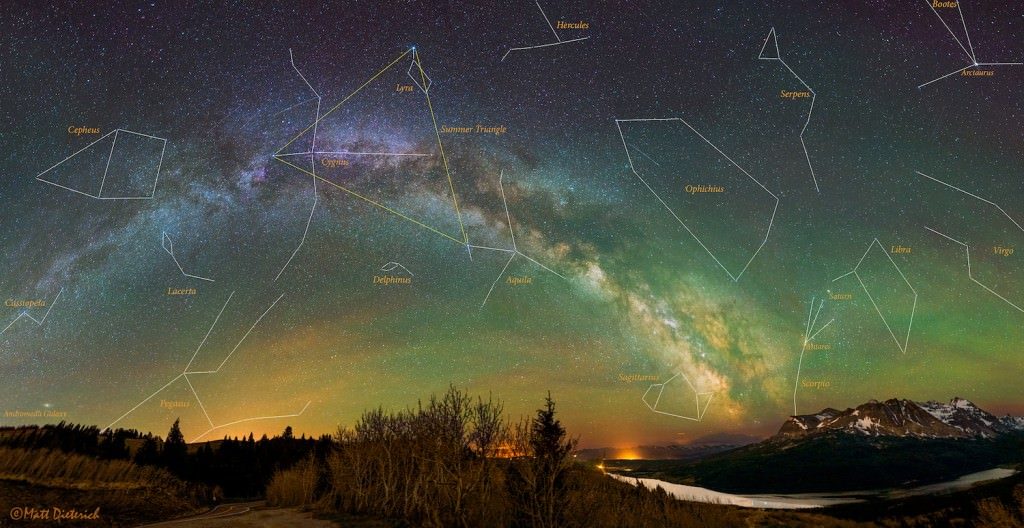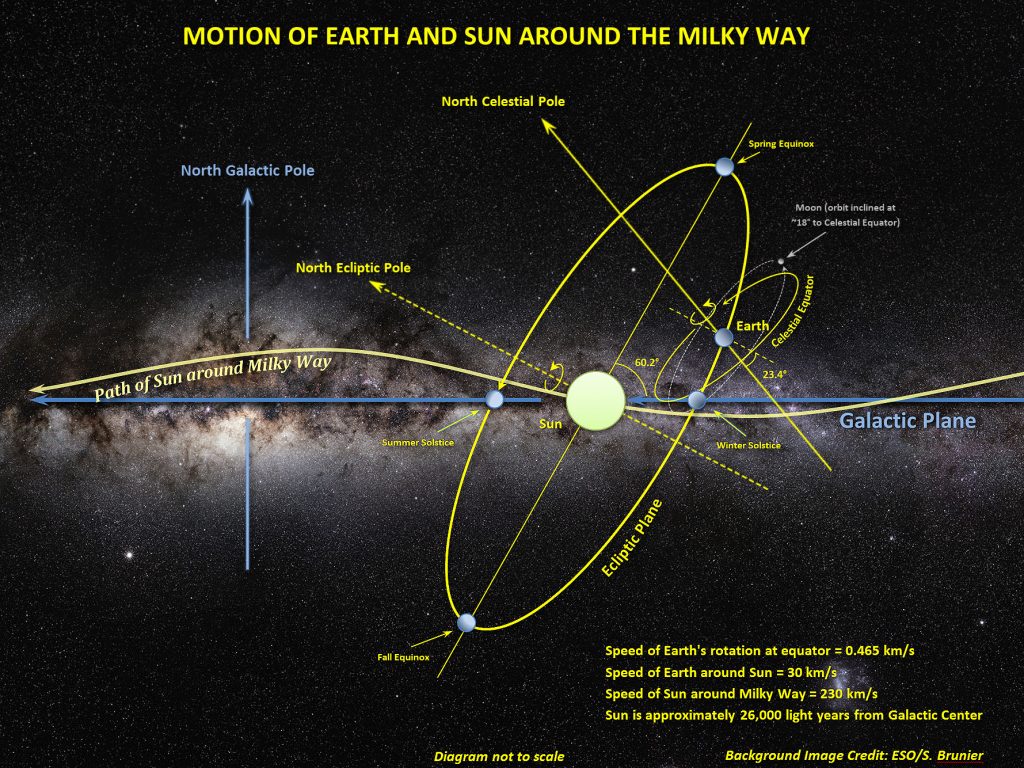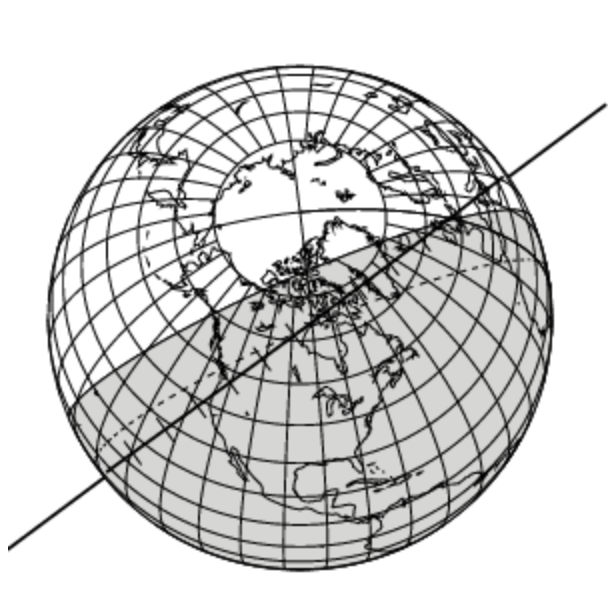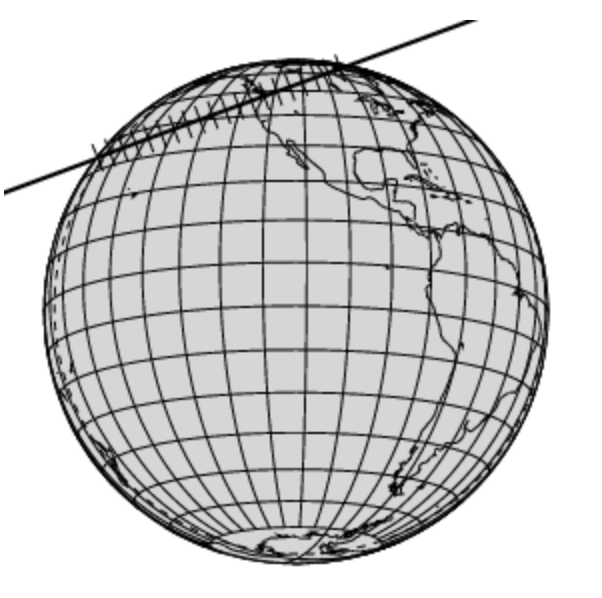
As many RECON team members have noticed, the frequency of occultation campaigns drops off during the summer months.

Interestingly, the reason for this has to do with the orientation of our Milky Way Galaxy and the plane of our solar system (known as the ecliptic), as well as the tilt of Earth’s axis. During the summer, daytime is longer but nighttime is shorter, and while the Sun is high in the northern sky, the ecliptic is low in the night sky. In addition, the ecliptic crosses through the center of our galaxy in the constellation Sagittarius, which is up in the night sky the longest during the summer. Because it is difficult to discover trans-Neptunian objects within the crowded star field of our galaxy, as well as their low positions in the sky and shorter nights, there are fewer high probability events that we can pursue during the summer.
As we approach the start of the new school year, however, conditions become more favorable for RECON campaign events. Toward this end, we have already announced two upcoming events on the night of August 16-17 involving Centaur 08YB3 and the night of September 3-4 involving Centaur 13NL24. In addition, looking at the RECON Campaign Prediction Page, there are eight additional campaign opportunities before the New Year with probabilities greater than ~20% that we are currently considering as full network campaigns. The 2019-20 academic year promises to be the most productive occultation cycle of our project to date!

Prediction for 08YB3 
Prediction for 13NL24
Despite being a slow occultation season, this summer has been exciting on several other fronts. We have been working on four publications related to positive TNO occultation campaigns during the last academic year. The project also continued to collect data from Apache Point Observatory, the Discovery Channel Telescope, and Canada France Hawaii Telescope to augment our occultation prediction system. And in June, we submitted a proposal to the NASA Solar System Observations Program for RECON 2.0. Informed significantly by our RECON science team meeting discussion back in March, RECON 2.0 will both upgrade and significantly enhance the efficiency and productivity of our citizen science project into the 2020s.
